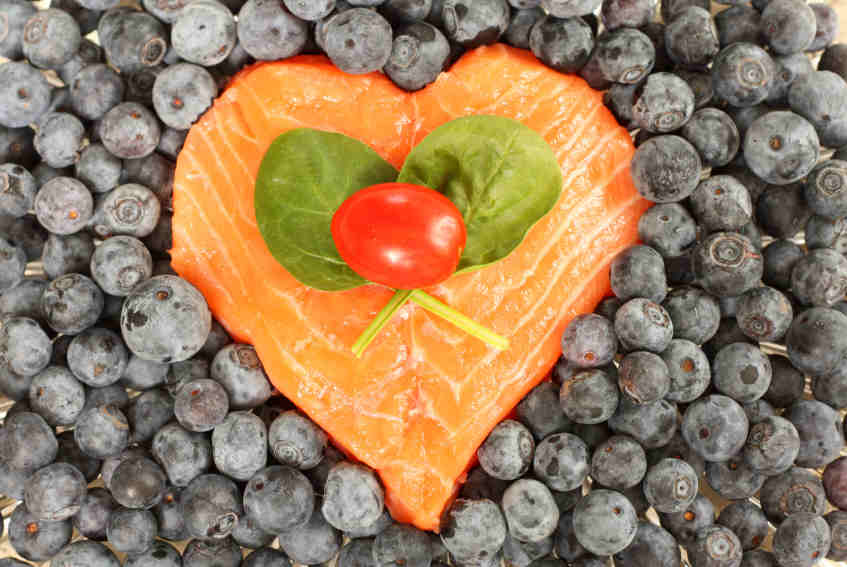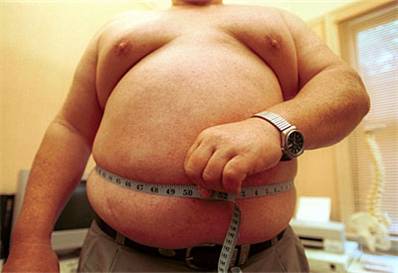
Biologists once thought that human beings were physiological islands, entirely capable of regulating their own internal workings. Our bodies made all the enzymes needed for breaking down food and using its nutrients to power and repair our tissues and organs. Signals from our own tissues dictated body states such as hunger or satiety. The specialized cells of our immune system taught themselves how to recognize and attack dangerous microbes—pathogens—while at the same time sparing our own tissues.
The truth of the old adage that “you are what you eat” is becoming increasingly clear, the more we learn about the microbiome—the colonies of microbes living in your gut, and indeed all over your body.
It is well established that your gut is your second brain providing more input to your brain than the brain provides to it. This is why your gut health is largely reflected in your gut bacteria, including your mental health and emotional well-being.
Your microbiome is essentially a historical accumulative composition of where you’ve been, who your parents are, who you spend intimate time with, what you eat, how you live, whether or not you’re interacting with the earth (gardening, for example), and much more.
How Intestinal Bacteria Can Induce Food Cravings
The bacteria in your body outnumber your cells by 100 to 1, and different bacteria have different nutritional needs.
According to recent research, the nutritional preferences of …
![]() Over the past 10 years or so, however, researchers have demonstrated that the human body is not such a neatly self-sufficient island after all. It is more like a complex ecosystem—a social network—containing trillions of bacteria and other microorganisms that inhabit our skin, genital areas, mouth and especially intestines. In fact, most of the cells in the human body are not human at all. Bacterial cells in the human body outnumber human cells 10 to one. Moreover, this mixed community of microbial cells and the genes they contain, collectively known as the microbiome, does not threaten us but offers vital help with basic physiological processes—from digestion to growth to self-defense.
Over the past 10 years or so, however, researchers have demonstrated that the human body is not such a neatly self-sufficient island after all. It is more like a complex ecosystem—a social network—containing trillions of bacteria and other microorganisms that inhabit our skin, genital areas, mouth and especially intestines. In fact, most of the cells in the human body are not human at all. Bacterial cells in the human body outnumber human cells 10 to one. Moreover, this mixed community of microbial cells and the genes they contain, collectively known as the microbiome, does not threaten us but offers vital help with basic physiological processes—from digestion to growth to self-defense.
Please Read Article At Articles.Mercola.com





Leave a Reply